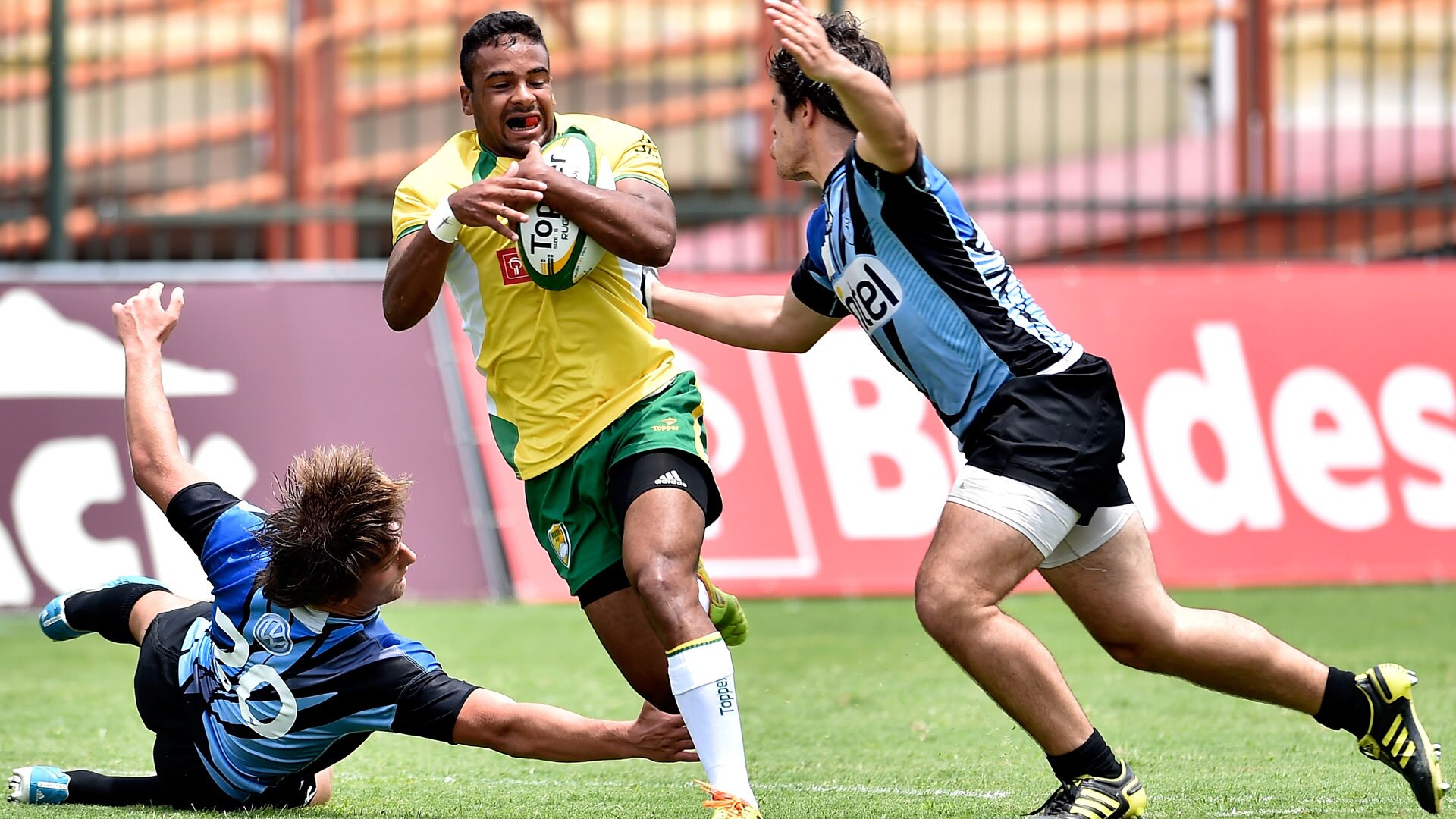South America's first professional rugby league will kick off at the end of February

It’s been a long time coming, but South America will finally have a fully professional rugby league from 2020.
The Súper Liga will kick off on February 28th and bring together teams from across the continent to vie for South American supremacy.
Argentina and Uruguay both competed at the 2019 World Cup and are without a doubt the strongest two sides in South America, but a total of six nations will compete in the inaugural competition with one team based in each nation.
Joining Argentina and Uruguay are Brazil, Paraguay, Chile and Colombia, as confirmed earlier this week by South American media outlet El Ciudadano.
It’s the first time that we’ve received any sort of clarity over the competition’s make-up, with a number of potential teams and nations touted over the past year.
Continue reading below…
Argentina, as comfortably the strongest rugby nation in the Americas, will likely provide players to a number of the teams. Their top players, however, will all be tied up with Super Rugby. Players from other non-South American nations may also prop up some of the clubs with a number of Namibian and Portuguese players expected to be revealed in the near-future.
Despite just one team existing for each nation, the clubs aren’t national sides and there’s potential for further teams to be added in the future.
The six sides are: Los Ceibos (Argentina), Peñarol (Uruguay), Corinthians (Brazil), Olimpia (Paraguay), Selknam (Chile) and Cafeteros (Colombia).
https://www.instagram.com/p/B5WTrucgzqD/
The Súper Liga will run from late February to late May and will see the top five sides compete in a home-and-away round-robin league with semis and a final.
In a somewhat strange twist, Colombia, the weakest nation, will play home-and-away fixtures against the bottom-placed side in the final weeks of the competition to determine 5th and 6th placings.
Colombia simply haven’t got the players to compete week-in and week-out over three months, which has likely determined the unusual competition format.
Jaw dropped.
Well done @BristolBearshttps://t.co/E21Q9ybDD0
— RugbyPass (@RugbyPass) November 27, 2019
Strength across the board has evidently been a concern for the tournament organisers as the competition has been stripped down to five regular competitors when up to eight were touted at one point.
Regardless, it’s a step in the right direction for the region – however long-term sustainability will be the ultimate judge of success. A number of professional national competitions have been launched over the last ten years that have crumbled after just a few seasons.
Expect further information in the coming weeks with an official press conference to be held next Friday.
England attack coach Scott Wisemantel has departed the England national set-up and is expected to link up with Dave Rennie at the Wallabies:



























